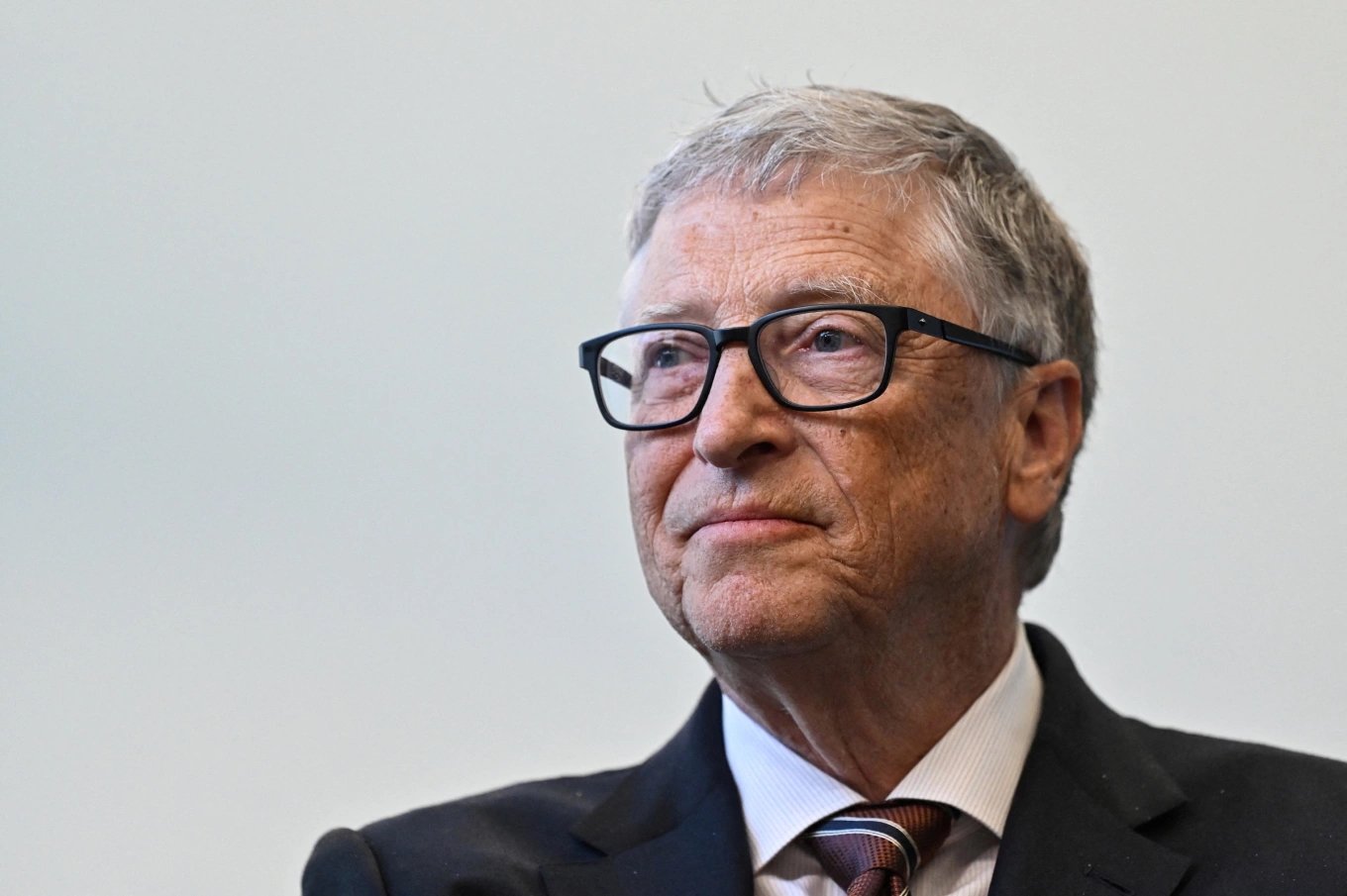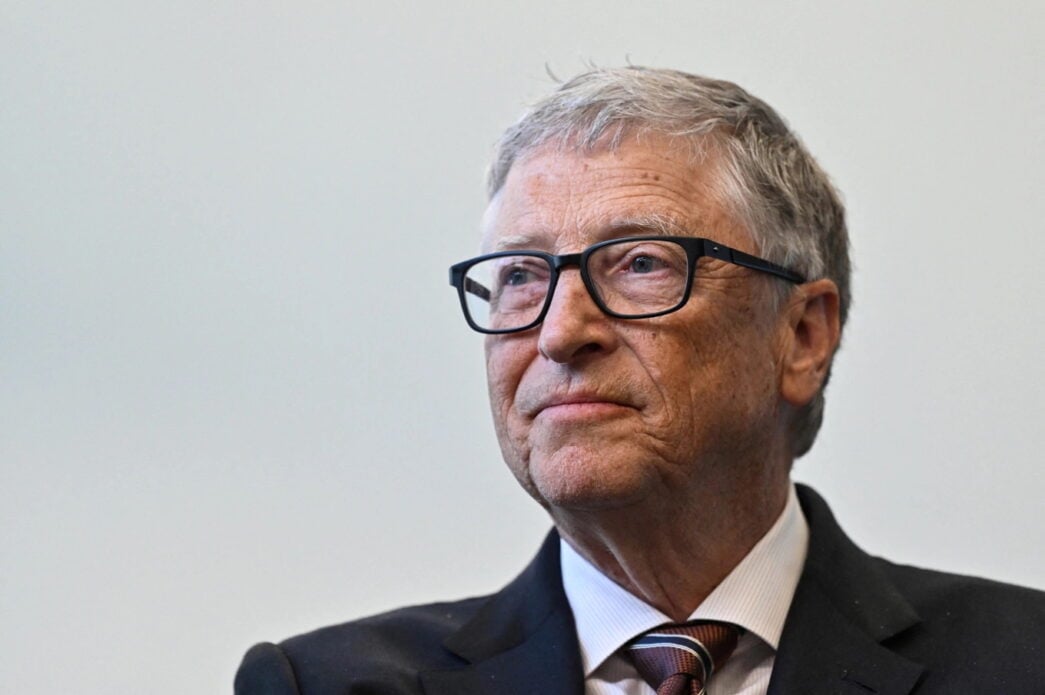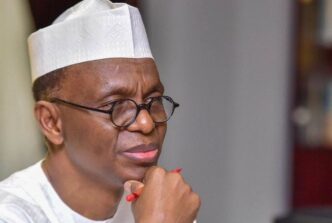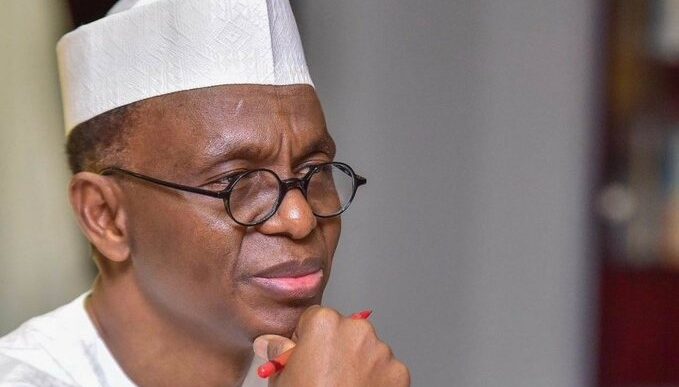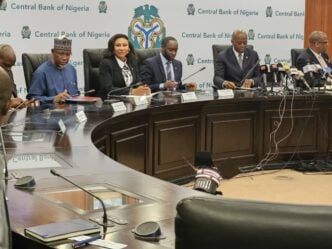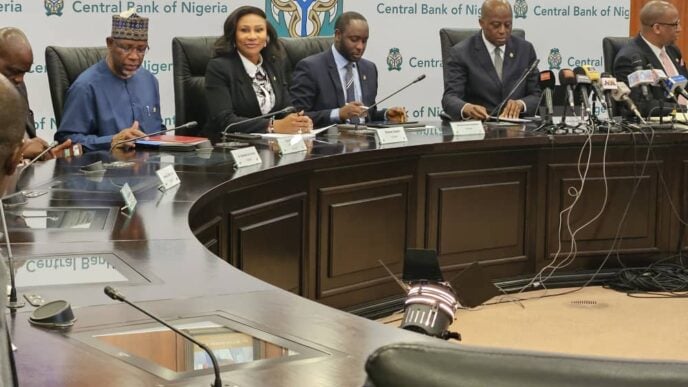Bill Gates
Two weeks ago, the world experienced the biggest giveaway of all time—but its magnitude went slightly under the radar despite filling pages of newspapers and tonnes of television channels worldwide. Before then, the record for the biggest giveaway of all time was held by a man you’ve probably never heard about – Jamsetji Nusserwanji Tata.
Tata, who founded the Tata Group in 1868, is known as the world’s most generous philanthropist. Before he died in 1904, he gave away over $102 billion [adjusted for inflation]. From 1904 to 2024, he held the record for the biggest wealth giveaway in recorded history. The Indian billionaire gave to education and healthcare.
Twelve days ago, Bill Gates announced a fresh commitment that would see him take the title from Tata.
When Bill and Melinda Gates founded the Gates Foundation at the turn of the millennium in 2000, the plan was for the foundation to run until a few decades after their deaths. This changed in 2025, as Gates decided, with the support of the foundation’s board, to cut the timeline by a few decades and sunset by 2045.
Advertisement
The founder of Microsoft said the company turned 50 this year; he turned 70; and his father posthumously turned 100, so it felt right to commit to these milestones.
Over the past 25 years, the Gates Foundation has donated approximately $100 billion. With Bill Gates’ commitment to give away 99% of his wealth—currently estimated at $108 billion—the foundation could distribute up to another $200 billion over the next 20 years, bringing total giving to more than $300 billion throughout the life of the foundation.
What does this wealth giveaway mean for the average person who does not care about Gates and his Microsoft-driven wealth? Here are seven things to help make sense of it all.
Advertisement
1. WHY DID HE DO IT?
Why would anyone want to give away 99% of their wealth to people he does not know personally? Gates seems to have personal and professional reasons for doing this. On the one hand, he said he now believes the foundation can achieve its goals in the next 20 years — and there will be other rich people to deal with future challenges.
For context, the foundation’s primary goal is to create a more equitable world for all.
On a personal note, Gates said he had generously provided for his children, and he would be 90 years old when all is given away. He also cites Andrew Carnegie’s Gospel of Wealth. Carnegie said, “The man who dies thus rich dies disgraced.”
“I have spent a lot of time thinking about that quote lately. People will say a lot of things about me when I die, but I am determined that ‘he died rich’ will not be one of them,” Gates said.
Advertisement
2. WHERE IS THE MONEY GOING?
Gates explained that the money will go to the same causes the foundation has committed to over the last 25 years, from education to health to agriculture and a few other projects. Announcing via his blog, Gates outlined three major goals for the foundation over the next 20 years.
The first is to ensure no mom or baby dies of a preventable cause. Up until 2019, five million children still died of preventable causes; the foundation wants those numbers to drop to zero. The second goal is to ensure the next generation grows up in a world without deadly infectious diseases, and the final goal is to lift hundreds of millions of people out of poverty.
This is where a majority of the money will be going.
3. A LESSON ON MISINFORMATION
If you are still reading at this point, chances are that you have come across misinformation and disinformation about Bill Gates at one point or another since 2020. Listening to Gates reel out the foundation’s progress, I hear him talk about certain issues that can quickly be twisted and used to push disinformation online.
Advertisement
Gates knows this and explained it further when he said misinformation in the United States causes more deaths in Africa than it does in America. Using measles vaccines as an example, he explained that when Americans cast doubts on vaccines, children in the US die, but just tens of children, because many American children are well-nourished.
In Africa, however, when the same measles vaccine rejection happens, more children die because of existing malnutrition. This claim is rooted in data, with support from Gavi, but you can see how bad actors can easily manipulate it. Gates hopes this misinformation can be dealt with using human stories to reduce vaccine hesitancy globally.
Advertisement
4. ON ELON MUSK AND DONALD TRUMP
In answering questions about his advances in global development, Gates did not shy away from calling out fellow billionaire Elon Musk for his role as the leader of the US Department of Government Efficiency (DOGE). Gates said he met President Trump and that what was going on with USAID was beyond reducing waste, as Musk said.
“When it comes to knowledge of USAID, as brilliant as Elon [Musk] is, I actually know more about it than he does. I have been in Nigeria and met people who work for USAID. These are heroic people; his characterisation was not based on having much data,” Gates said.
Advertisement
Gates wants USAID to keep preventing diseases such as Ebola and HIV across Africa.
5. MARK ZUCKERBERG AS PHILANTHROPY SUCCESSOR?
When asked who would take the torch from him as the next mega philanthropist, Gates did not name anyone in particular but said Mike Bloomberg of Bloomberg Philanthropies is within his age bracket.
Advertisement
However, he mentioned people like Mark Zuckerberg, Meta CEO; Dustin Moskovitz, a Facebook co-founder; and Cari Tuna of Open Philanthropy as “fantastic philanthropists” who already do the work.
6. WITHOUT GOVERNMENTS, POLIO WOULDN’T BE ERADICATED
Gates believes the foundation’s current work is laying a foundation (pun intended) for a future where philanthropy doesn’t need to compensate for broken systems. He said no matter how much money he’s giving, it cannot eradicate polio without help from governments around the world.
“The reality is, we will not eradicate polio without funding from the United States. While it’s been amazing to see African governments step up, it’s still not enough,” Gates said.
7. A MALARIA LEGACY
Bill Gates was the world’s richest man for over twenty years. However, he does not want that to be his legacy. When asked what his legacy will be, he said, “the legacy I dream about is that when people see the word malaria, they go, ‘What was that? ”
The next 20 years will tell whether Bill Gates can earn this epitaph: “Here lies the man whose extraordinary philanthropy helped eradicate malaria.”
You can reach ‘Mayowa on Twitter @OluwamayowaTJ

